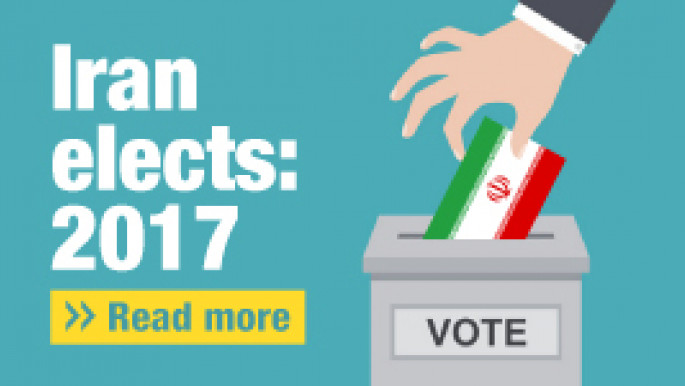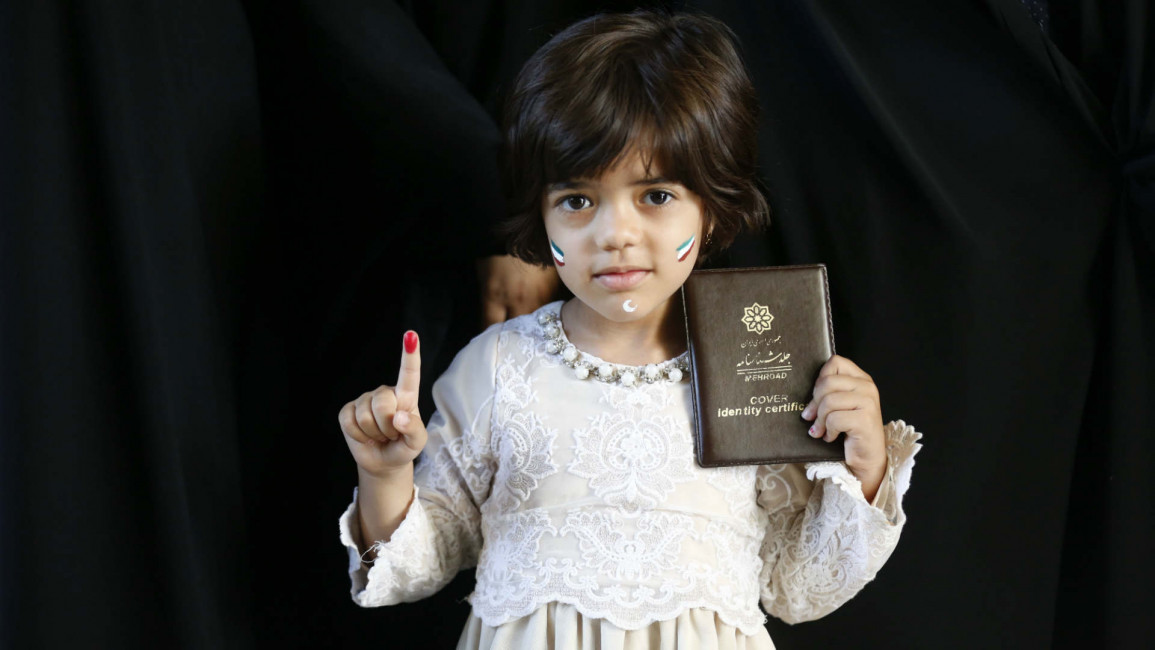
Iran is ready to gift peace to Middle East
The West Asia and North Africa region is experiencing conditions that are both delicate and dangerous.
The unrest resulting from foreign interventions in Afghanistan, Iraq, and Libya continue without end in sight. The crises in Syria, Yemen, and Bahrain have dragged on, becoming chronic conditions. The reality of Muslims in the eyes of the world is appalling, reduced to one of relentless death and destruction.
Against this backdrop, news that a number of leaders of the region meeting in Saudi Arabia, during the visit of the US president, is striking.
In recent years, some governments in our region sought to destabilise it, by escalating policies and measures aiming to promote extremism and a distorted version of Islam; and by compromising the interests of the region's peoples by deepening bloodletting and infighting among brethren.
These policies generate tension, and can only ultimately serve the worst enemies of the Arab and Islamic nations.
One of the features of this policy is Iranophobia, created and promoted by Israel for many years now. When Iran entered the successful nuclear negotiations with the 5+1 countries, it was certain that the claims of the warmongers were groundless, and had profound faith in dialogue and diplomacy. Eventually, Iran toppled the foundations of the fear project known as the Iranian nuclear bomb.
By doing so, Iran has defused a pretext for a new preemptive war in the region.
| Read more: Rouhani's landslide quells risk of escalation, despite Trump's hostility |
This successful path, cemented under the international document known as the Joint Comprehensive Plan of Action, commonly referred to as the Iranian nuclear deal, is backed today by all responsible members of the international community. It is also a clear model to be followed to resolve all the problems of the region.
In such circumstances, Iran hopes all nations committed to international peace and cooperation, as well as regional and neighbouring countries, will oppose dangerous schemes which, if successful, would deepen the humanitarian disasters in the region and exacerbate the state of distrust between its countries.
Iran wants the stability it currently enjoys to prevail in the entire region, because it understands that security at home cannot be sustainable without security in the rest of the neighbourhood.
 |
|
| Special coverage: Insight, news and analysis of Iran's election |
The Islamic Republic of Iran is always prepared for constructive dialogue.
The government of President Rouhani, which previously proposed a world free of violence, and four-point proposal for resolving the Syrian crisis, in addition to ideas such as a regional dialogue forum, is still committed to following up these ideas and proposals and has already taken practical steps to realising them.
Citizens and governments in Iraq and Afghanistan have witnessed many examples of Iranian cooperation for the sake of peace, security, reconstruction, and development. Even US officials, who are the cause of many of the current problems in these two countries, have repeatedly acknowledged Iran's positive role in fighting terror and rebuilding infrastructure, and helping transit routes for goods as well as assisting in developing neighbouring countries.
Iran, as a responsible nation with regional influence, has never fallen into the trap of warmongers and aggressors. Saddam Hussein's Iraq was responsible for killing thousands of Iranian women, men, and children. When he invaded Kuwait in 1991, Iran decided to overlook the support the countries of the region had given to Saddam in his war against Iran.
On the basis of its principled policy, Iran rushed to support Kuwait in that war, then later also participated in the reconstruction of Kuwait after the war, including in the efforts to contain and extinguish the large-scale fires in Kuwait's oil wells.
 |
Today, in the name of the Iranian government, I officially declare that we are prepared to gift peace to the entire region, and to Saudi Arabia before anyone else |  |
Despite some of the missteps committed by some countries of the region, we are still determine to abide by our principled policy. Recently, a Saudi official threatened to take the battle inside Iran. Today, in the name of the Iranian government, I officially declare that we are prepared to gift peace to the entire region, and to Saudi Arabia before anyone else.
No doubt, this is conditional on the Saudi government ending the futile war and devastating attacks on the Yemeni people, and ceasing its repression of the majority seeking democracy in neighbouring countries. If the US president is committed to his own electoral slogans, and considers himself a friend of Riyadh's government, then he must engage the Saudis regarding the methods necessary to stop Takfiri terrorists from continuing to fuel fires in the region and repeat attacks such as the 9/11 attacks by its citizens in Western countries.
Iran is willing to fully cooperate, whether with regional countries or those outside the region, to combat terrorism and extremism, and restore stability and security to Syria. The Iranian conduct in this cooperation will follow the constant principle that Iran abides by in its foreign policy - namely the rejection of hegemony.
While we respect the independence, sovereignty, and territorial integrity of all countries of the region, and affirm non-interference in each other's internal affairs and the resolution of all differences through peaceful means, we consider that long-term interests - whether those of Iran or the peoples of the region and the world - require fighting the scourges of terrorism and extremism, especially those pursued in the name of religion.
In this regard, we shall spare no effort.
Mohammad Javad Zarif is the foreign minister of Iran.
A career diplomat, with several postings as an envoy of Tehran in the United States and at the United Nations, Zarif is also a visiting professor at the University of Tehran, having received both a Bachelor's and Master's degree in international relations from San Francisco State University and a second MA and a PhD from the University of Denver.
Although Twitter is officially banned in Iran, you can follow him: @JZarif




